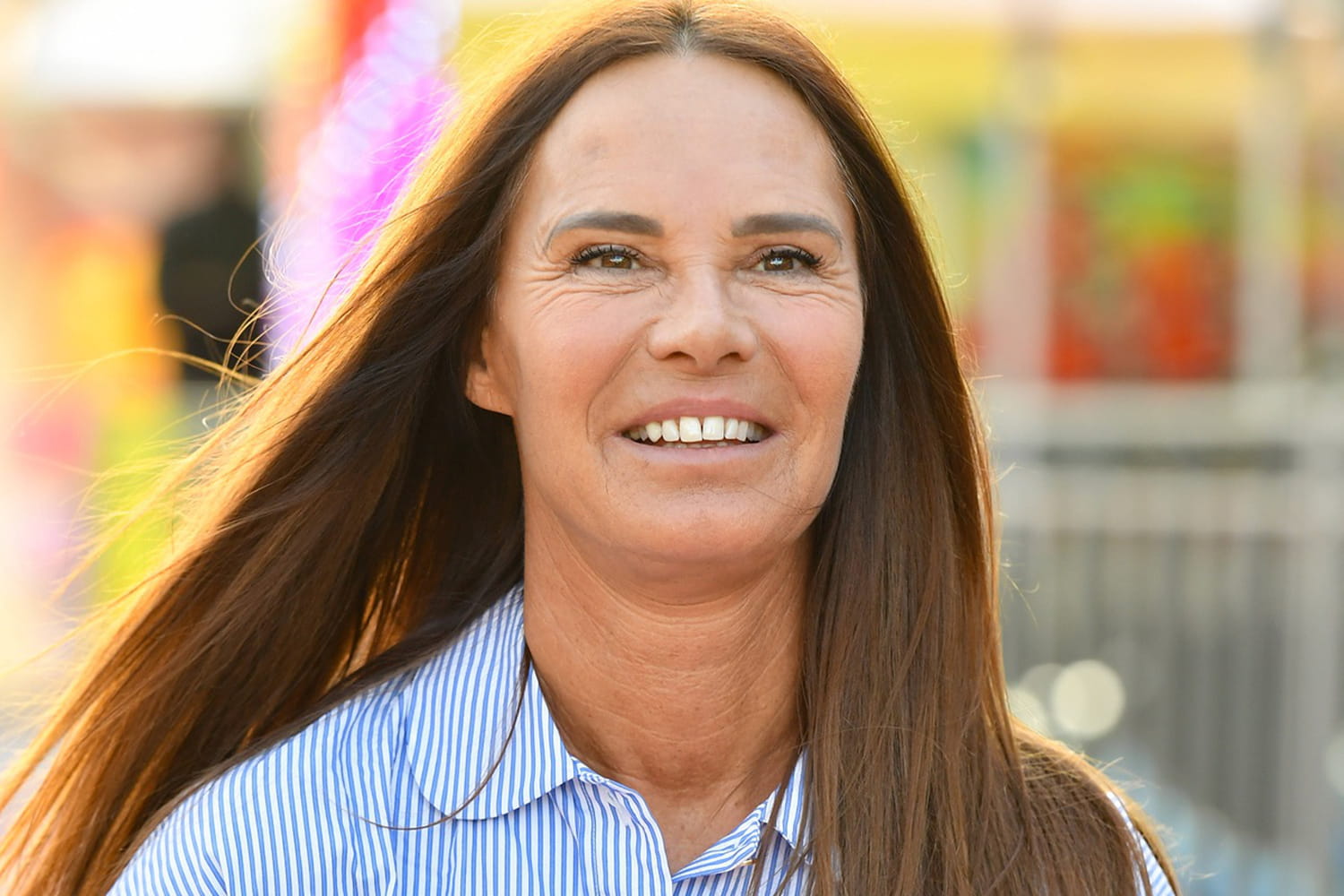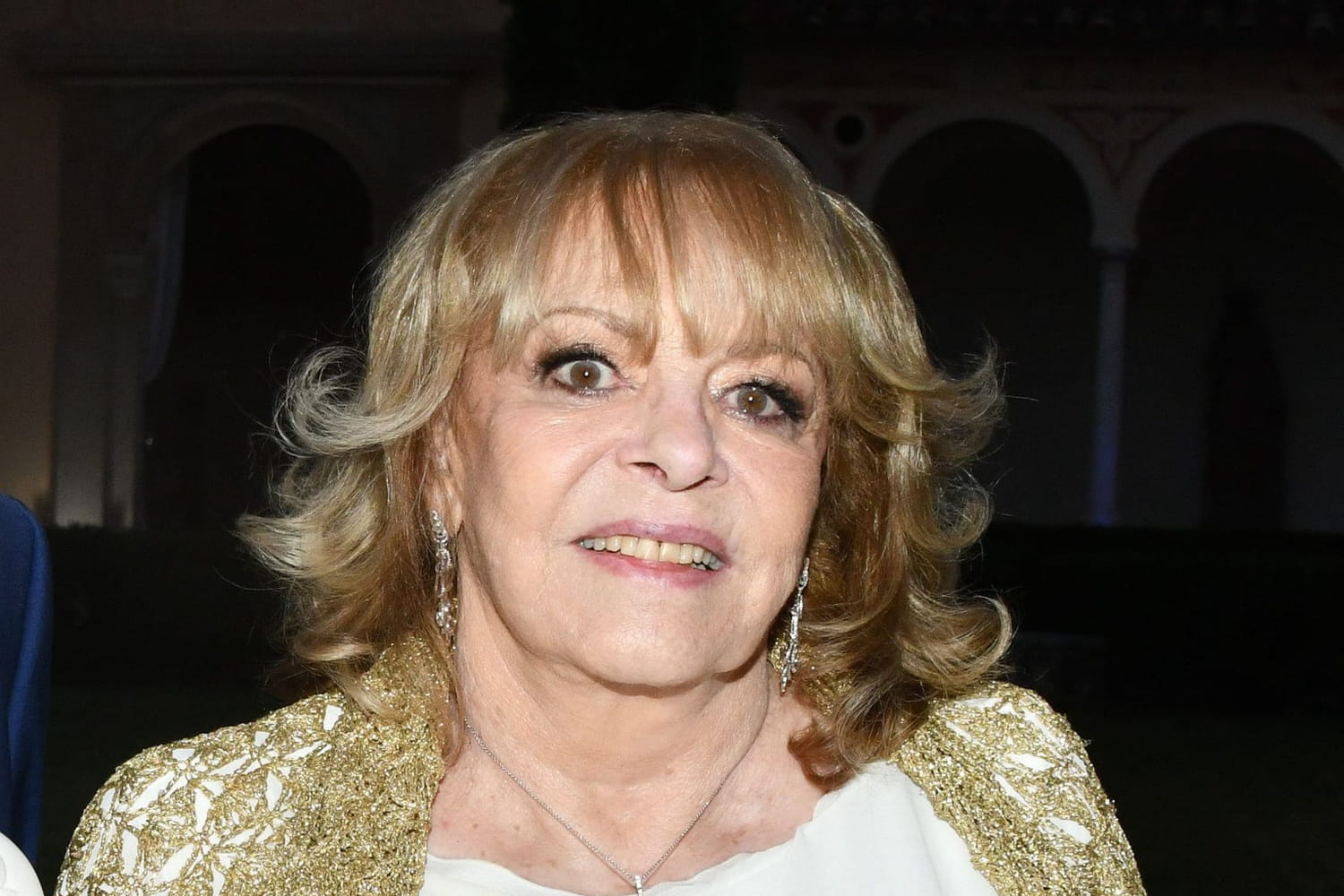It is a precious health ally.
Bone fragility, cardiovascular problems, bruises at the slightest shock: after 70 years, these signs of aging are not inevitable. Behind these manifestations often hide an unknown nutritional deficiency. While vitamins D and B12 are known to preserve the health of seniors, another vitamin remains in the shadows, however crucial to age well. It could transform the daily life after 70 years.
This vitamin intervenes in three fundamental processes for the body: “It has an essential role in fixing calcium (osteoporosis), the flexibility of the arteries and vessels and also in blood coagulation disorders”explains Dr. Isabelle de Vaugelas, dietician-nutritionist. It thus reduces the risk of fractures and arterial calcifications, feared after 70 years.
His name? Vitamin K. It is found in two complementary forms: “Vitamin K1, also known as phylloquinone, plays an important role in the body during blood clotting. Vitamin K2, also called Ménaquinone, is useful for maintaining the flexibility of the arteries, although it also intervenes during blood clotting”specifies our interlocutor. Concretely, vitamin K activates the proteins that fix calcium in the bones rather than in the vessels. It thus improves bone density while preserving arterial flexibility.
Vitamin K deficiencies remain rare but can occur in case of digestive disorders, prolonged antibiotic treatments or in anticoagulants anti-vitamin K patients. “Bruises and hemorrhages can be signs of deficiencies”warns Dr de Vaugelas. The recommended needs are 70 µg in adults. To do so naturally, favor “Green vegetables, (especially cabbage) but also vegetable oils, soy -derived products and certain cheeses rich in vitamin K.” Champions all categories: parsley but you have to eat a lot (1220 µg/100 g), curly cabbage (577 µg/100 g), spinach (387 µg/100 g). Certain anticoagulant treatments require moderating vitamin K intake. It is better to talk to your doctor before changing your diet or supplement. A simple blood test allows you to take stock.
Thank you to Dr Isabelle de Vaugelas, doctor in pharmacy, dietician-nutritionist and specialized in health and micronutrition food with the Valbiotis laboratory.








